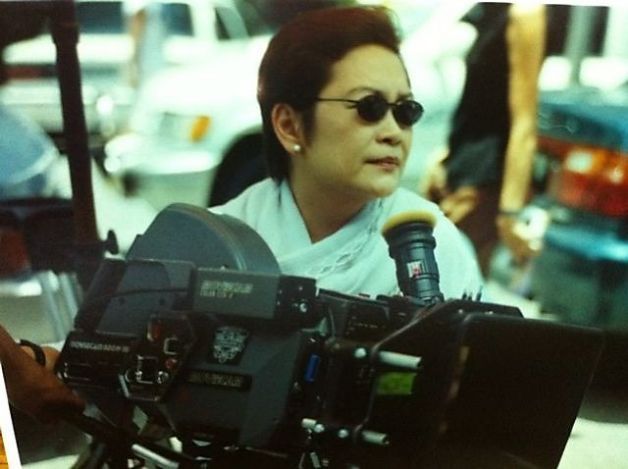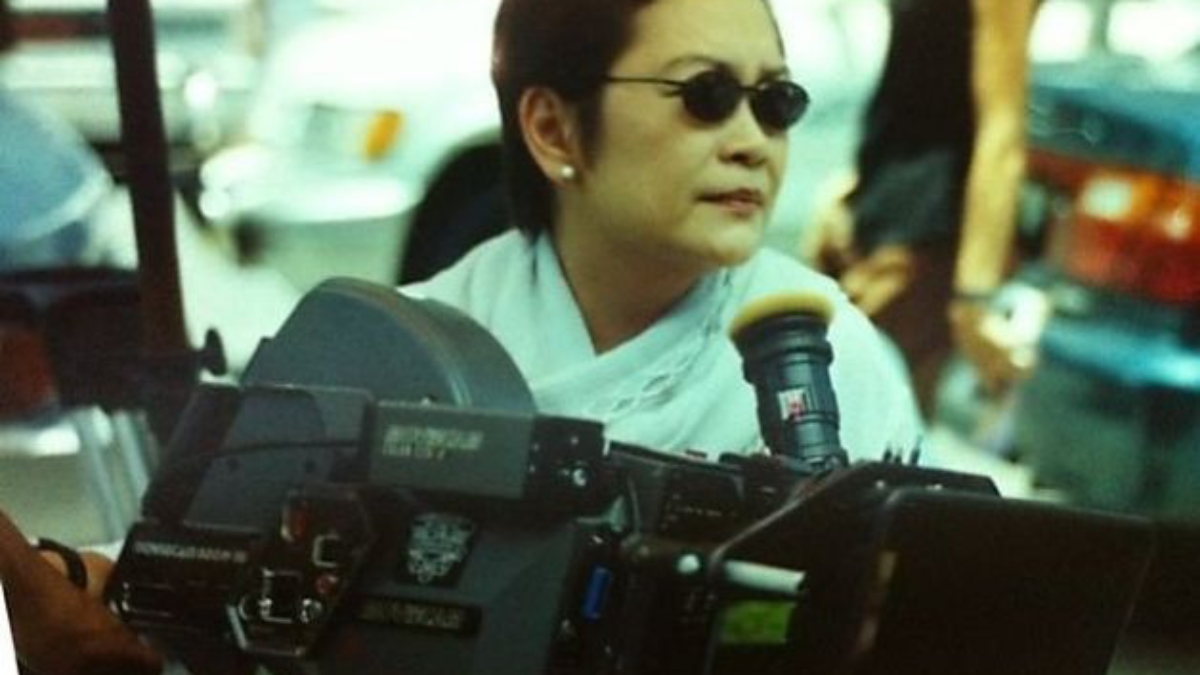
On the occasion of the New York premiere screening of MARILOU DIAZ-ABAYA: A FILMMAKER ON A VOYAGE at the 36th Asian American International Film Festival, presented with The Philippine Consulate General in New York, CineVue spoke with documentary filmmaker Mona Lisa Yuchengco about the making of the film.
CineVue: What are your favorite Marilou Diaz-Abaya films and what continues to attract you to her films?
Mona Lisa Yuchengco: My favorites would be MURO AMI (Reef Hunters) and JOSE RIZAL.
I like MURO AMI because it deals with two very important subjects – children and the environment – both topics Marilou and I were very passionate about. It is also about man’s relationship with the earth and whether they can exist harmoniously. I can also certainly appreciate the difficulty of shooting the underwater scenes.
JOSE RIZAL is a landmark film about our national hero, and it portrayed Rizal in his many roles as a lover, friend, doctor, artist and revolutionist. Marilou took an unorthodox and controversial approach in researching and directing the movie; she was unfazed by criticisms, and yet it swept most of the major awards in the festivals. We finally have a well-made movie on the life of one of our greatest inspirations as a Filipino people.
CV: You’ve said you and Marilou Diaz-Abaya share a family connection. Did that influence your decision to produce the documentary on her?
MLY: Marilou is my sister-in-law. Her husband and my ex-husband are brothers. When I moved to the U.S. in 1982, we did not communicate with each other as often, but we quickly made up for lost time when I enrolled at her school in 2009. When she was diagnosed with stage 4 cancer, I told her that we should do a documentary on her life considering her status in the Philippine film industry. She agreed, for as long as I was going to be the one to do it. She also said that since the diagnosis, she thought about sitting in front of the camera and talk for as long as she could because there was so much more she wanted to impart, and didn’t want to leave without saying it. So I agreed to be her medium for this last lesson.
CV: What important principles did you learn from studying filmmaking under Marilou Diaz-Abaya?
MLY: Marilou always emphasized that it is important to express the significant human experience (SHE) in any storytelling. Every story is about love and how that love transforms us. How many hearts and minds were touched by your story? Winning awards and trophies are good, but more importantly, will your films be remembered and will they have any significance to the future generations? She also stressed on the importance of generosity, in sharing what you know to help and empower audiences.
CV: What difficulties did you encounter as you were making the film and how did you overcome them?
MLY: We didn’t know how much time Marilou had, and it was important to all of us that she see the movie before she died, which she was able to. So we were under time pressure – from two months to another two months and so on. She was also going through chemotherapy treatments so we had to work around the days she was feeling okay, and at that time, they were few and far between. When we shot her interview, we only had seven hours one day and five hours the second day. After that, she didn’t want any more interviews. She did not want us to follow her around, so we were not able to get any moving shots of her. None of her immediate family members wanted to be interviewed, and some of her closest friends also declined to be interviewed as they were afraid to cry in front of the camera. So I had to craft my questions to include everything I thought people wanted to know about her and at the same time, bring out her unique, intelligent and compassionate persona to provide a balance picture of her.
She did not keep copies of her movies, and the earlier ones were very difficult to find. We were fortunate that she had many photos documenting her life and career.
CV: Both you and Marilou Diaz-Abaya share a life long passion for the arts and education. Can you talk about that?
MLY: Marilou was more involved in the arts than I was, i.e., she appreciated, and actually created work, in almost all the different genres of art and was quite capable in doing so. We are both educators. I chose to educate through journalism while she chose film. We both believed that art is a very important component in education as it provides the soul and balance in life. It makes us well-rounded individuals.
If we produce good art, then it will last and influence many lifetimes.

